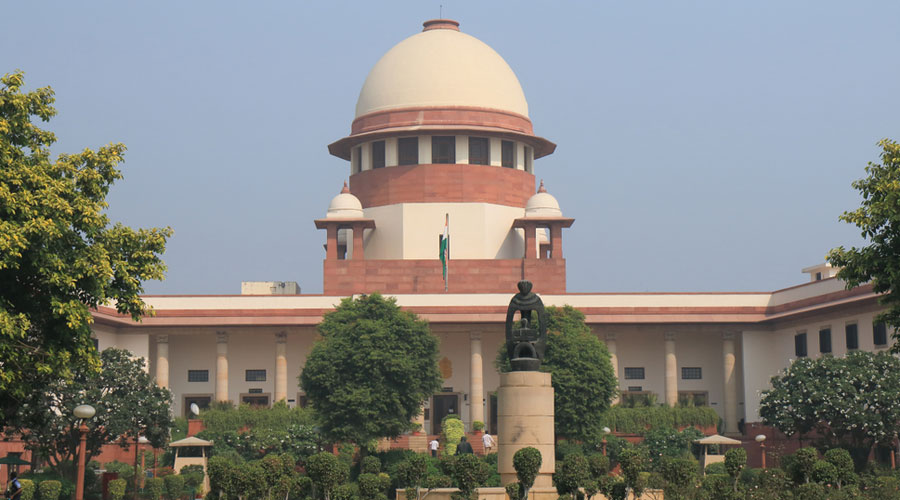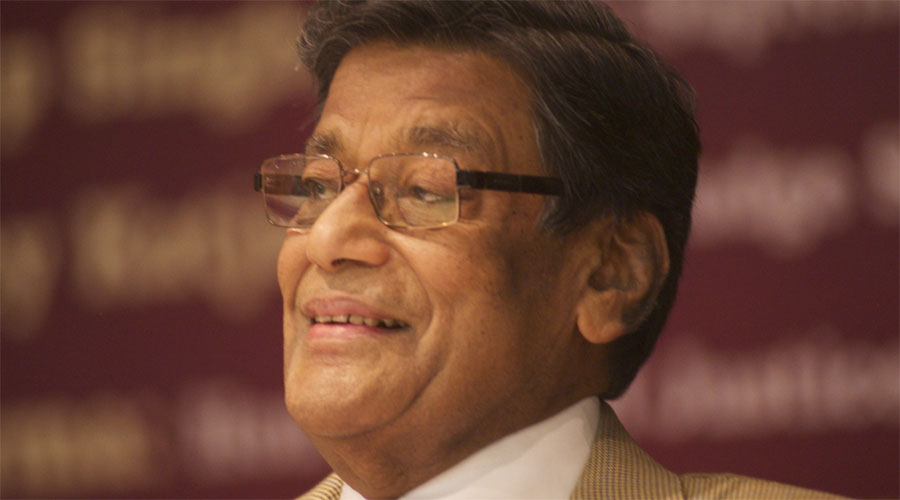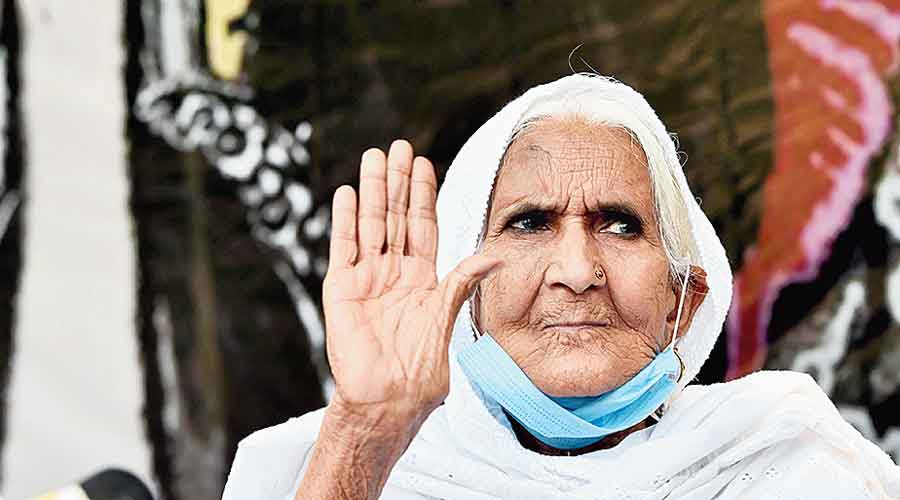India is rather startling. The system that upholds gender equality may display imbalance in the same sphere. The attorney general, K.K. Venugopal, recently spoke up strongly about the paucity of women judges in the Indian judicial system, saying that there were only two women judges in the Supreme Court among 34 and that no woman had ever been made Chief Justice of India. Women comprised only 7.2 per cent of judges in the Supreme Court and high courts, while the percentage of women among designated senior counsel was low too. Data were lacking on the number of women judges in tribunals and lower courts. Mr Venugopal urged the Supreme Court to ensure that the percentage of women in the higher judiciary rose to 50 per cent, since the Supreme Court collegium was the most powerful appointing authority. Surely this imbalance should have been emphasized earlier?
The occasion for the attorney general’s comments was a plea against the conditions for bail imposed on a sexual offender by the Madhya Pradesh High Court. The accused was to ask the complainant to tie a rakhi on him, giving her a ‘brother’s’ gift of Rs 11,000 and another Rs 5,000 for her child. These conditions diminished the offence and trivialized the woman’s trauma. Nine lawyers had petitioned the Supreme Court, saying that such directions normalize a crime. In his response, the attorney general said that the conditions were unacceptable and could cause grave harm to the victim and society, that judicial orders should conform to judicial standards and such things should not recur. According to Mr Venugopal, the presence of women judges would ensure balance and empathy in cases of sexual violence. This view prompted his detailed statement about the sparseness of women in the judicial system. While the importance of Mr Venugopal’s insistence on gender balance in the judiciary cannot be overestimated, his comment that women would have more empathy in matters of sexual violence seems to suffer from a gendered assumption too. Following the law without bias, together with rules such as excluding comments on the plaintiff’s character, dress or livelihood, should go a long way towards delivering justice irrespective of the judge’s gender. Executing Mr Venugopal’s other recommendation that all lawyers be sensitized, however, would be a meaningful step forward.













